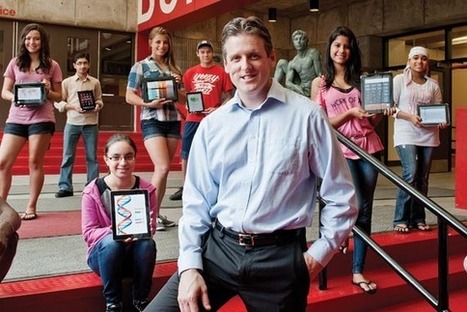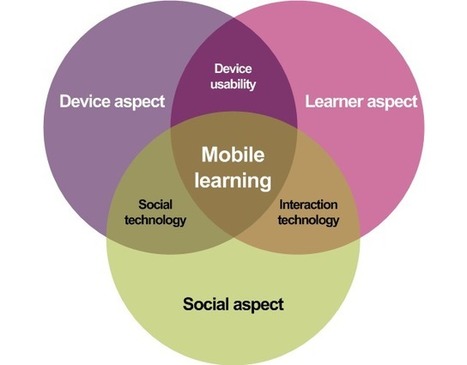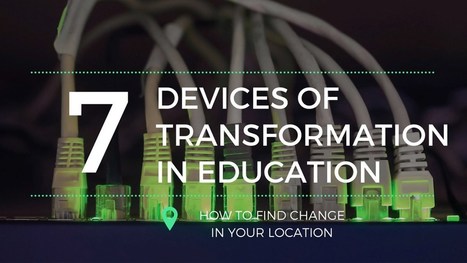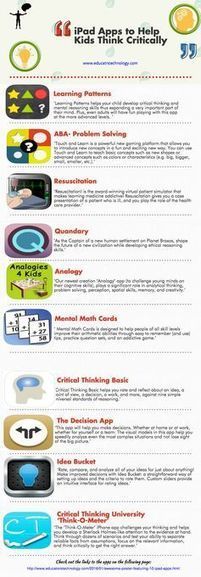The following highlights are filtered for the benefit of busy school leaders.
1. Share information liberally!
We live in an information age, where just about anything we want to know is but a few keystrokes or mouse-clicks away. Yet in many of our organizations, leaders withhold information as a way to maintain power and authority over others.
In the absence of information, your people will make up their own version of the truth. Share information openly so that your people know the facts about what’s going on in the organization and trust that they will use and respond to that information responsibly.
2. Increase employee involvement in decision-making
My friend, colleague, and organizational change expert Pat Zigarmi, likes to make the point that contrary to popular opinion, people don’t resist organizational change; they resist being controlled.
When people are shut out from contributing to decisions that will directly impact them, they develop a sense of distrust and skepticism toward the decision makers.
Involving your people in making decisions will lead to higher levels of trust and commitment. Remember, those who plan the battle rarely battle the plan.
3. Give people what matters most – your time and attention
Google is legendary for the perks that it offers its employees. At the Googleplex, Google’s corporate headquarters in Mountain View, CA, team members have unlimited access to free haircuts, massages, meals, dry cleaning, and even on-site medical care.
Yet when Google undertook a study to determine what employees valued most, they overwhelmingly said “even-keeled bosses who made time for one-on-one meetings, who helped people puzzle through problems by asking questions, not dictating answers, and who took an interest in employees’ lives and careers.”
Just like workaholic parents who fool themselves into believing they can make up for their lack of presence in their kids’ lives by spoiling them with all the latest toys and gadgets, leaders often fall prey to the same line of thinking by believing corporate perks and benefits can make up for the lack of intimate one-one-one leadership. Developing genuine and authentic relationships is a primary way to build a culture of trust.






 Your new post is loading...
Your new post is loading...




































